Fluid Catalytic Cracking Handbook —— An Expert Guide to the Practical Operation, Design, and Optimization of FCC Units
----- 流体催化裂化手册:FCC单元实际操作,设计和优化的专家指南
This new and improved edition focuses on providing practical information and tools that engineers can use to maximize the profitability and reliability of their fluid catalytic cracking operations. The updated chapters and new content deliver expertise and know-how to an industry that faces significant cost cutting in capital expenditure and R&D, along with the retirement of technical specialists who are taking existing knowledge out of the industry with them. This "FCC Handbook" provides a valuable easy-to-understand resource for both experienced and inexperienced engineers and anyone else associated with the FCC process. This book gives those who need a quick reference, and gives those who are developing their skills and knowledge trusted information that will help them succeed with their projects. This title features common examples that will enable engineers to achieve increased unit savings. It is updated with the latest process technologies for handling residue and "deep" hydrotreated feedstock. It features a new chapter discussing refractory lining, providing an introduction to the different refractories employed in FCC units, examples of various refractory linings and associated anchors, installation techniques as well as some guidelines for proper drying and curing refractory lining. There is a new troubleshooting chapter, increasing the practical application of the book, along with new visual references to operation optimization. About the author: Reza Sadeghbeigi is President of RMS Engineering, Inc. a Houston, Texas based engineering firm providing high-level technical expertise in the area of fluid catalytic cracking (FCC) and related processes. Reza has 35 years of hands-on FCC experience in the refining industry, focusing on technical services, troubleshooting, process design, and project management, including major FCC revamps. A licensed Professional Engineer (P.E.) in Texas and Louisiana, Reza has published technical papers and produced industry seminars on refining and catalytic cracking operations and conducted numerous client customized FCC training courses and public seminars. This is the only practical approach, with tools and techniques for those with FCC responsibilities to help maximize the profitability and reliability of fluid catalytic cracking operations. This title is updated throughout, with new material focusing on latest developments, the shift to using FCC to process lower quality crudes, and new applied material on troubleshooting. It provides a reference for both experienced engineers who need a quick reference, as well as providing those who are developing their skills and knowledge with access to trusted information that will help them succeed in their projects.
{{comment.content}}
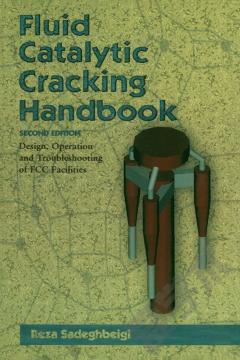
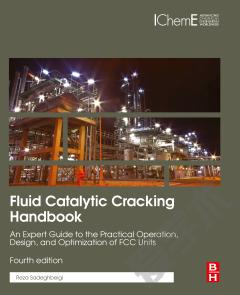
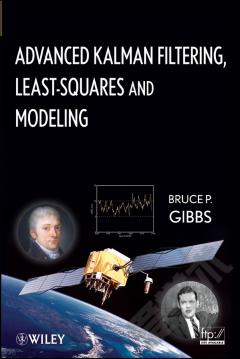
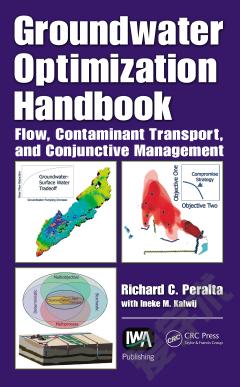
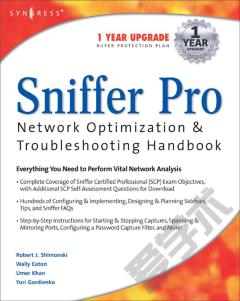
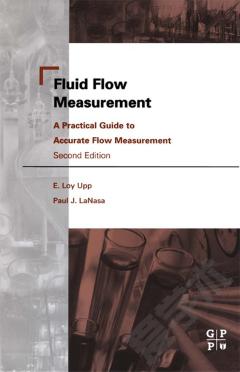


 京公网安备 11010802027623号
京公网安备 11010802027623号